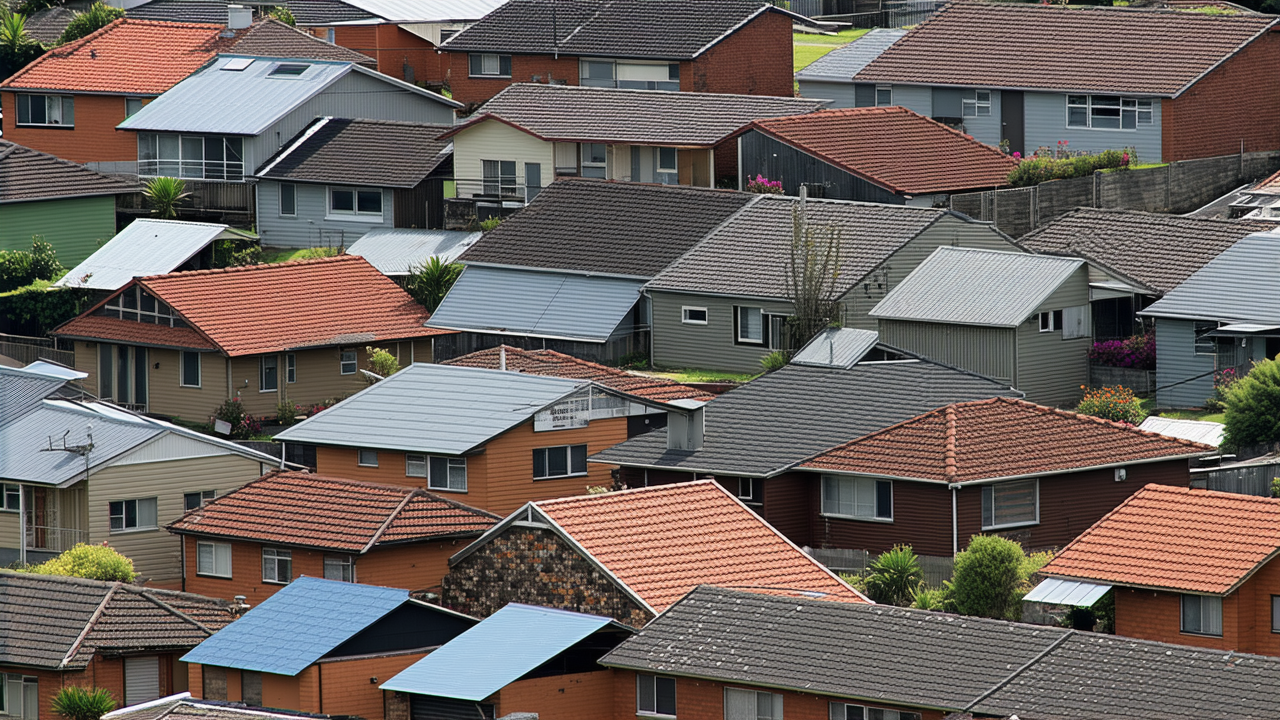More Pasifika Households Face Denial of Emergency Housing – Report Highlights Systemic Gaps
More Pasifika Households Face Denial of Emergency Housing – Report Highlights Systemic Gaps
A new report from the Ministry of Housing and Urban Development has revealed a troubling trend: more Pasifika households are being denied emergency housing assistance than being granted it. According to the report, dated June 2025, in March of this year, 60 Pasifika households were granted emergency housing, while 75 were denied.
The report explains that a decline in emergency housing grants means an application was considered and found ineligible. However, it emphasizes that these numbers do not reflect the full extent of unmet demand, as many people may not even apply due to lack of awareness or eligibility confusion.
When denied, the Ministry of Social Development is expected to refer individuals to other support options, such as transitional housing or financial assistance programs. However, the report also notes that the system is not always effective in addressing the needs of vulnerable communities, particularly Pasifika and Māori households.
For Housing First clients in Auckland, nearly half of the households waiting for support had a primary client who identified as Māori, while over a quarter (26.7%) were Pasifika. This program is designed to help those with high or complex needs access stable housing and address underlying issues like trauma.
The report highlights that ethnicity comparisons are based on the primary client, not the entire household. For example, a household might be of Pasifika descent, but if the primary applicant identifies as Māori, that is the recorded ethnicity. This nuance is important in understanding the data and ensuring equitable support.
For Māori, who make up more than half of emergency housing clients, the report found that approximately 380 households were granted emergency housing, compared to 260 denied. However, this number may not fully capture the scale of need, especially as the report notes that the number of people facing severe housing deprivation has likely increased since the 2023 census.
The census data from March 2023 indicated that at least 112,500 people in Aotearoa were severely housing deprived, with 4,965 estimated to be living without shelter. The report’s authors suggest that this number has likely grown, pointing to a growing crisis in housing insecurity across the country.
Charities and community leaders have expressed concerns over the systemic gaps in the current system, with many families struggling to meet basic needs. The report serves as a wake-up call for policymakers to reevaluate the support systems in place and ensure that vulnerable communities, especially Pasifika and Māori, are not left behind.
As the nation grapples with rising housing costs, increasing poverty rates, and a growing number of people without stable shelter, the need for immediate and comprehensive action has never been more urgent.
